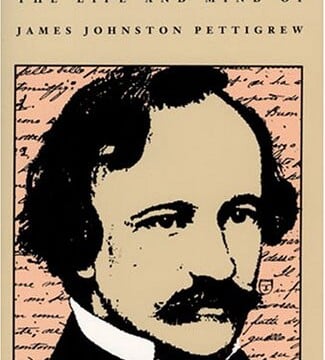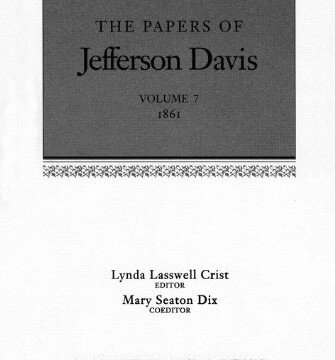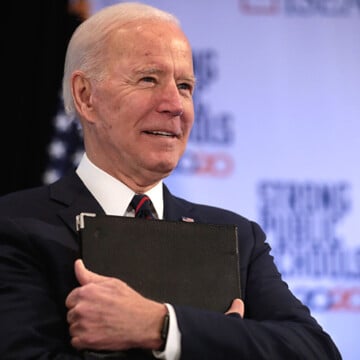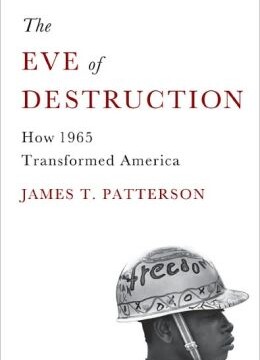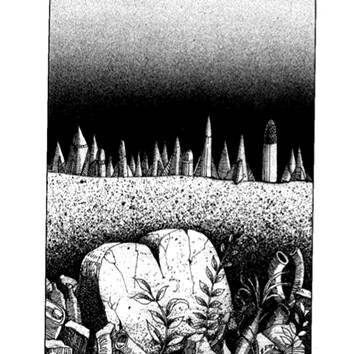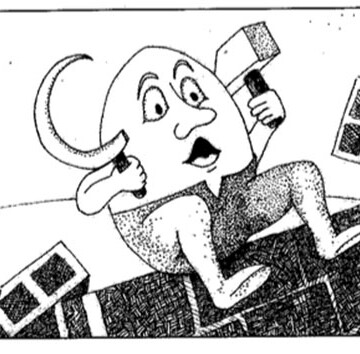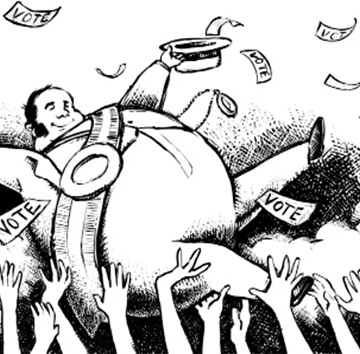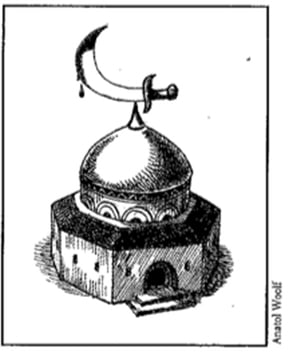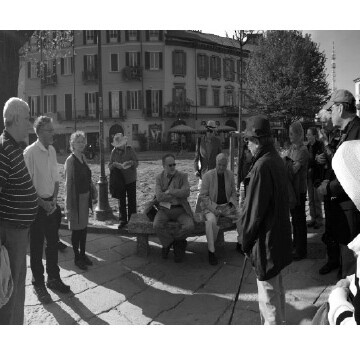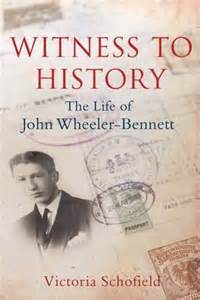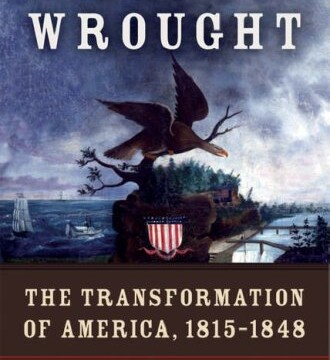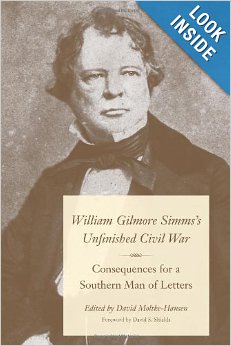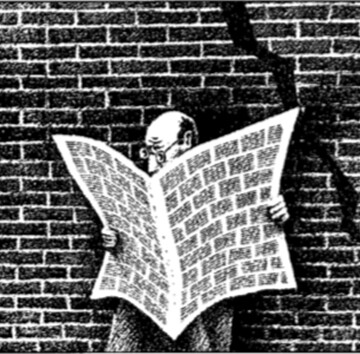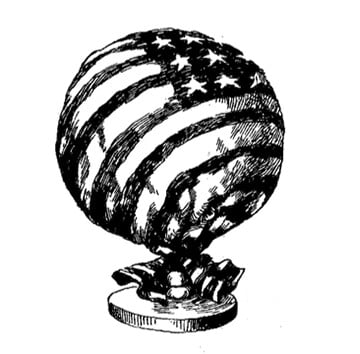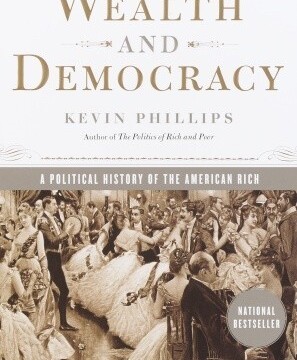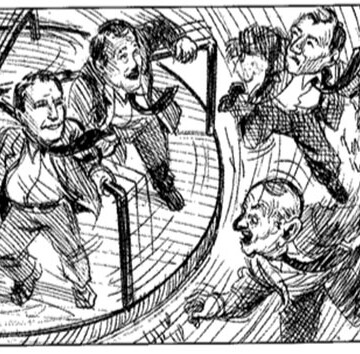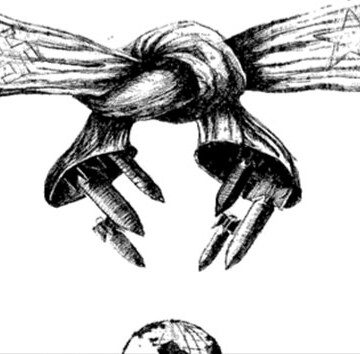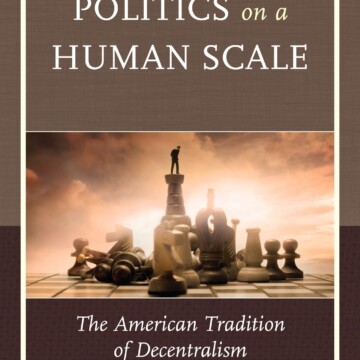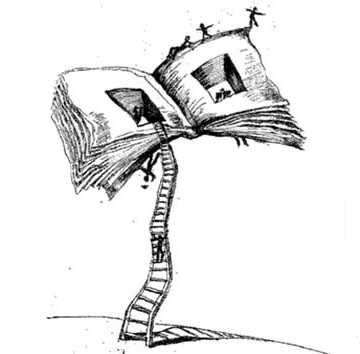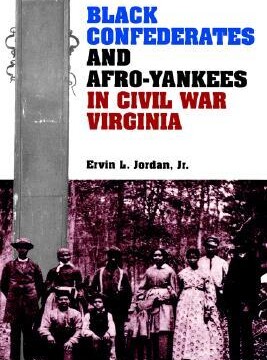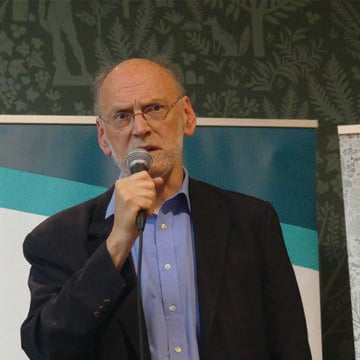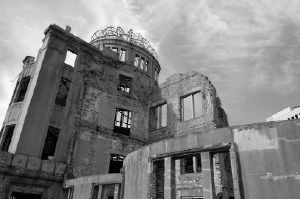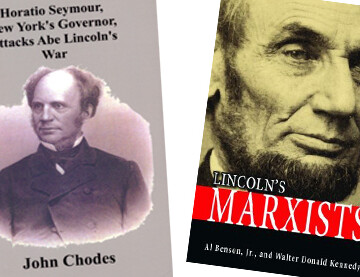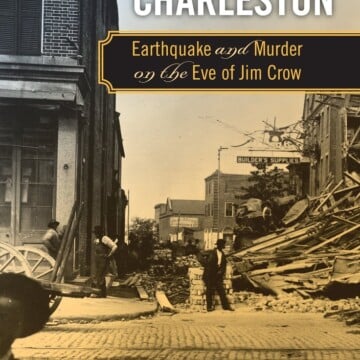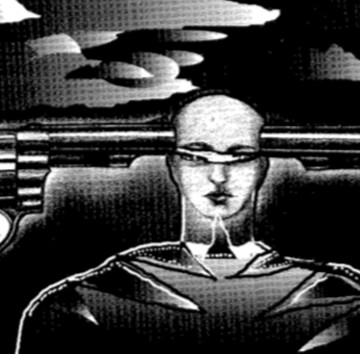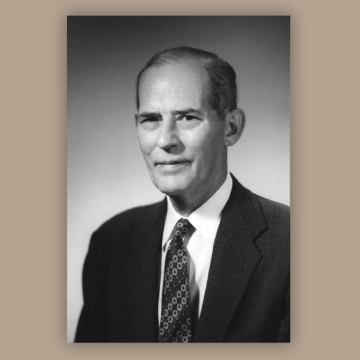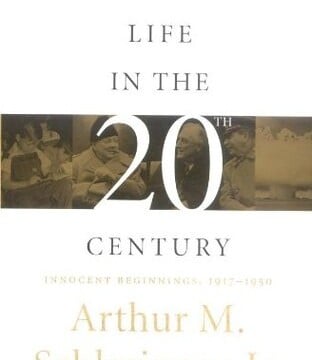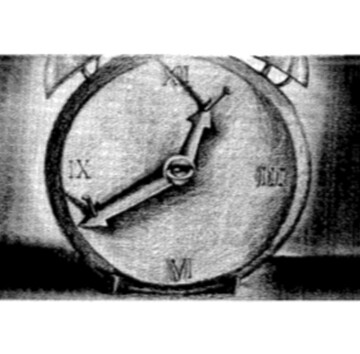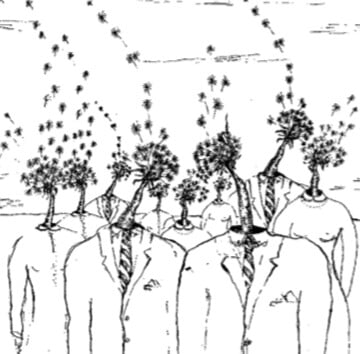“A well-written life is almost as rare as a well-spent one.” —Thomas Carlyle Even in these dreariest of days in academia, when American history has largely become a plaything for canting ideologues, the Old South continues to attract outstanding talent. Fine books and articles continue to appear, as Clyde Wilson’s Carolina Cavalier attests, notwithstanding the...
633 search results for: Forgotten+History
The Pit—And the Pendulum
Our Founding Fathers understood that they had inaugurated a republican federal union unique in its balance and distribution of powers. Unlike their descendants, who self-indulgently congratulate themselves on their democracy, the Fathers also understood that the preservation of such a regime was a daunting and demanding task, requiring virtue (in the masculine Roman sense) on...
The Reagan Coalition
Italy experienced a revolutionary election on March 27, 1994, an election in which many Italian voters could make a difference. This mood of optimism and engagement stood in stark contrast to the many elections that have left Italians so disillusioned in recent years—local administrative elections, national elections to two houses of Parliament, and even international...
Fighting Among the Hedgerows
As a young college student, I accepted implicitly all the goals of the Civil Rights revolution. I believed firmly that schools should be integrated, even though the nearest thing to integration I had ever experienced was going to school with a part-Ojibwe in Superior, Wisconsin, a lily-white town in which black people were not allowed...
Biden at Tulsa Is a Study in Historical Confusion
In a rambling performance taking three-quarters of an hour, President Joe Biden spoke at Tulsa on the anniversary of the murderous events of 1921. He subjected his audience to his usual mangled sentences, omitting key words or parts of speech, sometimes to the point of total incomprehensibility. In fairness it should be noted that he is hardly...
American Mojo
“America was, is, and—we pray—will continue to be the place where more than anyplace else, dreams actually do come true” —William J. Bennett The key phrase to notice in William Bennett’s statement is “more than anyplace else.” In recent years, a number of well-meaning patriots have taken up the theme of what is called American...
A Difficult Decade
James Patterson’s controlling idea is that the 60’s became the 60’s in 1965, and that this represented an “Eve of Destruction.” One struggles for about 300 pages trying to find out . . . destruction of what? The title comes from a long-forgotten song by a long-forgotten singer, Barry McGuire. “Eve of Destruction” did get...
Fighting Among the Hedgerows
As a young college student, I accepted implicitly all the goals of the Civil Rights revolution. I believed firmly that schools should be integrated, even though the nearest thing to integration I had ever experienced was going to school with a part-Ojibwe in Superior, Wisconsin, a lily-white town in which black people were not allowed...
War, Peace, and the Church’s Teaching
The amazing thing about the nuclear debate and the Catholic bishops’ participation in it is that the accumulated wisdom and experience of mankind, as well as the Church’s pronouncements on peace and war, are so completely ignored. This is quite a natural phenomenon on the part of so many lay debaters: it belongs also to...
From Beyond the Pale
We saw them at dawn: a dozen men in ragged camouflage, lugging dull black weapons glinting like poised snakes. Their faces rugged like Arizona bluffs, dark brown or brick red, they moved without a sound, like the mist rolling out of the forest. Large and beefy, they stood around our campfire and smiled at us....
Beyond Left and Right
November 9, 1989, marked the end of the old politics and the old alignments; on that day, as the Berlin Wall fell, so did the political categories and alliances of half a century. The end of the Cold War meant a lot more than the end of communism as a viable ideology. It meant more...
Immigration: A History Lesson
“The United States is a nation of immigrants” is a meaningless statement, but that is not to say that it has no meaning. It is one of the lead lines for the Democratic/liberal/progressive agenda, and has been ever since Israel Zangwill used the mythic term “melting pot” as the title of his thankfully forgotten play...
Empires of Faith
A story long popular in London tells of a foreign visitor losing his bearings while walking along Whitehall and politely asking a passerby, “Excuse me, sir, which side is the Foreign Office on?” Hearing the visitor’s accent, the Brit despairingly replies, “Yours, probably.” This story comes to mind when we read the histories of Western...
Dig Deeper
In the cathedrals of New York and Rome There is a feeling that you should just go home And spend a lifetime finding out just where that is People understand catastrophes. The everyday ebb and flow of history, in their own lives and in the world, is much harder for them to grasp. That thought—hardly...
Where Color Led
Yale University Press promises that Witness to History “will fascinate anyone interested in the great political figures of world history during the twentieth century.” On this book’s back cover, Alistair Horne hails John Wheeler-Bennett as “a gifted historian . . . one of the outstanding, though unsung, certainly unrepeatable Britons of his age.” It is...
Cosmopolitan Nation
The search for and, when it cannot be found, the construction of a usable past remains the overriding task of our official historians, who believe that we are forever on the cusp of a new age. The opposite could be said of Thucydides, who sought “an exact knowledge of the past as an aid to...
Poor Mexico, Poor America: Extracts Omitted
I foolishly used an early version of my article. Rather than repost everything, I am putting in a few omitted extracts: Introduction“Poor Mexico,” sighed Porfirio Diaz, “so far from God, so close to the United States.” Though a hero in the Battle of Puebla (May 5, 1862) in which the Mexicans defeated French troops supporting...
The fighting over Vietnam is not over
Loyal Americans are still winning the battles but losing the war. Fifteen years ago, American troops were victorious in every major engagement in the jungles of Southeast Asia, but all their efforts came to nothing, because the Presidents who committed us to war (Kennedy and Johnson) never formulated a strategy for victory and be cause...
The Mind of the South
That a tale should live, While temples perish! That a poet’s song Should keep its echoes fresh for all the hills That could not keep their cities! . . . So wrote William Gilmore Simms in his poem “The Lions of Mycenae” (1870). He was alluding to Aeschylus, Horace, and Homer, but was no doubt...
The New Right of the Old World
Intellectual conservatism in Europe began its odyssey with Donoso Cortes in the 19th century, only to end its shipwrecked voyage a century later with Oswald Spengler. European conservatism has always been a panic-stricken response to the egalitarian torrents that have been sweeping over Europe since the American and French Revolutions. After 1945, the anus mundi...
Benevolent Global Hegemony
Every once in a great while, an article appears in a mainstream publication that lets the eat out of the bag, by spelling out ideas that have long been dominant in public life but are usually seen only in vague or implicit form. One such appeared in the July/August 1996 edition of Foreign Affairs. Entitled...
Plutomania
“In these days a great capitalist has deeper roots than a sovereign prince, unless he is very legitimate.” —Benjamin Disraeli Appearing just in time for the Enron and WorldCom scandals and the ensuing stock-market plunge, Kevin Phillips’ harsh new scrutiny of the trends toward the concentration of wealth and power in the emerging American social...
The Divine Left vs. the New Right
This time around, the divine left is definitely short of ideological change. Once upon a recent time it went to sleep with uncle Stalin; much later, it began to yawn with the revisionist Trotsky, Mao, and Tito; today, it is noisily waking up to the tune of politically correct liberalism. Even a layman must raise...
Sleepwalking in America
For the third time in our generation, independent voters could be the balance of power in this year’s presidential election. In 1968, Alabama Gov. George G. Wallace, standardbearer of the American Independent Party, received 13 percent of the popular vote, a sum greater than the difference between Hubert H. Humphrey and the victor, Richard M....
The Russo-German Symbiosis in the First and Second World Wars
With the collapse of the Soviet Union and the retreat of Leninist forces within the empire, hosannas have rung out in the Western world. “The Cold War is over, the Cold War is over,” the leaders of the West have exclaimed, and demands to turn swords into knitting needles have filled the air. At every...
The Uses of American Government
That the republic has degenerated from a Protestant-inflected localized republic to a centralized bureaucratic imperial state is something most conservatives take for granted. The reason for such a transformation, however, sometimes becomes more assumed than proved. This compounds the difficulty of convincing liberals, and even some “conservatives,” that such a transformation has occurred. The secular...
Forty-Niners: Marx, Engels, and Harrod’s
The other day, in London, I had a vision on a moving staircase in Harrod’s. Harrod’s is a department store in the British capital much loved by local duchesses and well-heeled visiting Americans—a sort of consumer-heaven with chic, from its delicatessen to its china and its sumptuous furnishings. It is less noted for its mystical...
Counting People and People Who Count
My curriculum vitae still includes a paragraph describing my activities as an “educational consultant,” though it has been some years since I went to Washington to read grants or evaluate schools for the Department of Education. It was all time wasted, less profitable than time wasted on politics. Politicians, to their credit, know that it...
A Difficult Road
Over the course of a one-month (April) trip through five European countries, Eastern and Western, I collected notes of many conversations, particularly with young people, about their view of what is called over there “the situation.” A more concrete term should not be used since not even the leading quattuor, Gorbachev, Thatcher, Mitterrand, and Kohl,...
Coleridge and the Battle of Waterloo
There is a story told about the late Roland Barthes. Once, in his Paris seminar on critical theory, a British visitor bravely remarked that something he had just said sounded rather like a point made by Coleridge in the Biographia Literaria. An embarrassed silence followed. Then Barthes, in his ponderous voice, spoke: “One can never...
Counting People and People Who Count
My curriculum vitae still includes a paragraph describing my activities as an “educational consultant,” though it has been some years since I went to Washington to read grants or evaluate schools for the Department of Education. It was all time wasted, less profitable ...
Race, Genocide, and Memory
In 2012, U.S. historian William H. Frederick sparked a fierce controversy about a horrible if largely forgotten episode in Asian history, the so-called Bersiap movement of the 1940’s. The affair demands our attention for what it suggests about the politics of memory, and how we value human lives. It also reminds us of the quite...
Black Confederates
Black Confederates! Remember, you heard it here first. You will be hearing more if you have any interest at all in the Great Unpleasantness of the last century that is the focal point of American history. There are more things in heaven and earth, dear Horatio, than are dreamed of by Ken Burns. In the...
Atomic Anniversary
Sixty-five years ago, on August 6, the United States dropped the first offensive nuclear weapon in history. This bomb, code-named “Little Boy,” killed around 140,000 people in Hiroshima, Japan. The U.S. military dropped the second and last nuclear weapon ever used in war, “Fat Man,” three days later ...
The Empire State of Mind
Nigel Biggar's sophisticated history of British colonialism does not ignore the many benefits reaped by the recipients. His work is relevant to all Western nations, now threatened by faux radicals.
Atomic Anniversary
Sixty-five years ago, on August 6, the United States dropped the first offensive nuclear weapon in history. This bomb, code-named “Little Boy,” killed around 140,000 people in Hiroshima, Japan. The U.S. military dropped the second and last nuclear weapon ever used in war, “Fat Man,” three days later on nearby Nagasaki, killing approximately 39,000 people....
Sesquicentennial Sidelights
Despite all that has passed since, the war of 1861-65 arguably remains the central event of American history. In proportion to population no other event equals it in mobilization, death, destruction, and revolutionary change. We are into the Sesquicentennial, and one would like to think that Americans will take the opportunity to contemplate where we...
Boris’s Literary Language
For the first time since Winston Churchill, Britain is governed by a master of language. There have been few such in Downing Street history; most of those who become prime minister have devoted their entire life-effort to climbing “the greasy pole.” Of the partial exceptions, George Canning, in 1797 a co-founder of the Anti-Jacobin, was...
Gabriel’s Horn
Surely, no American city has endured such a history of disaster as Charleston, set beguilingly beside the Atlantic upon her fragile spit of earth between the Ashley and Cooper rivers. Fires, floods, epidemics, blockades, sieges, bombardments, hurricanes, and earthquakes have repeatedly scarred her, but arguably the great Charleston earthquake of 1886 was the most destructive...
Russian Patriot: Solzhenitsyn’s Preoccupation With History
Chronicles has asked me “to participate in a roundtable on the contributions and legacy of Aleksandr Solzhenitsyn.” His contributions were of enormous importance. His legacy, perhaps less so. Here was a solitary man whose mind was illuminated by a sense of compelling duty: to write a truth, to cut a single clearing in a monstrous...
A Story of the Days to Come
Early in December of last year, while President-elect Clinton was trying to come up with a Cabinet that would “look more like America,” the U.S. Census Bureau published a report that told us what America really looks like and what it will probably look like 60 years from now. Presumably, Mr. Clinton will have departed...
Gibson and His Enemies
For years, conservatives have wondered if there was any movie Hollywood would balk at showing. Blasphemy, incessant profanity, graphic sex, obscene violence—none of these has proved an obstacle to Hollywood, and numerous films containing some or all of these elements have enjoyed widespread critical acclaim. We have finally found out what sort of movie will...
Vigilante Justice: A Case Study
When mild-mannered Bernhard Goetz shot four black youths who attempted to rob him in a New York subway in 1984, news reporters inevitably called him the “subway vigilante.” But Goetz was not a vigilante; he was not a member of a vigilant group of concerned citizens patrolling the subways as keepers of the peace. On...
The Big Bore of Arkansas
“‘Jour printer, by trade; do a little in patent medicines; theatre-actor—tragedy, you know; take a turn at mesmerism and phrenology when there’s a chance; teach singing—geography school for a change; sling a lecture, sometimes—oh, I do lots of things—most anything that comes in handy, so it ain’t work. What’s your lay?’” —The Duke, Huckleberry Finn...
CHRISTENDOM
. . . [T]here is a fundamental point of intersection between the theory of a just government and much of the underpinning of what we know as Western civilization. Just as there is a necessary non-rational element in the former, so is there a powerful, ordering rational element in Christianity. The start of the Gospel...
Remembering Donald Davidson
Lewis P. Simpson, in his memorable preface to The Literary Correspondence of Donald Davidson and Allen Tate, evoked Thomas Carlyle’s description of Robert Burns to hail Davidson’s own achievement. Burns, wrote Carlyle, was a “piece of right Saxon stuff: strong as the Harz-rock, rooted in the depths of the world;—rock, yet with wells of living...
The Banality of Banal
I first thought I would title this review “Memoirs of the Imperial Jester.” The jester being one who, though of no importance himself, is always present at the imperial court, I thought I discerned certain parallels between him and the author of A Life in the Twentieth Century. After looking into its pages, however, I...
Regression and Renewal
In February 1941, the world was at war. Nazism and fascism ruled virtually all of Europe and parts of Africa. Imperial Japan was poised to conquer much of East Asia. Joseph Stalin still controlled the world’s largest land mass, although Hitler was soon to shake Stalin’s throne. That year, Pitirim A. Sorokin, born in 1889,...
From El Paso to Plymouth
Last November, a delegation of citizens from the far West Texas border city of El Paso made the long journey to Plymouth, Massachusetts. The purpose of the El Pasoans’ visit was to challenge Plymouth’s long-held—and nearly universally accepted—claim that it was the site of the first Thanksgiving to be held on what is now United...
Great Nations Need Great Citizens
A nation’s wealth and status is like starlight—what you see is not what is, but what was. Just as the light we see from a distant star started its journey thousands of years ago, so is the nation’s current success due principally to past actions. Great nations have great momentum; past investments in education and...
